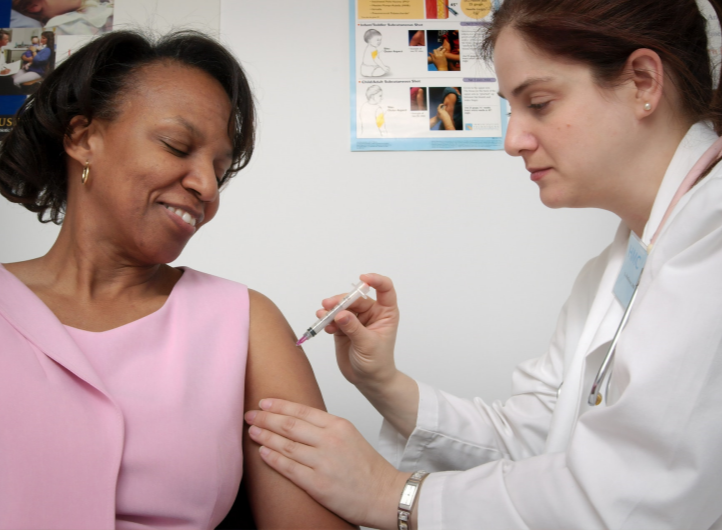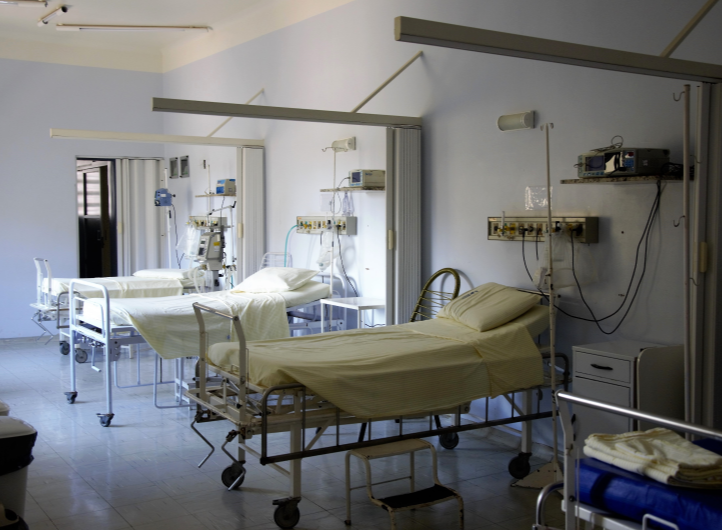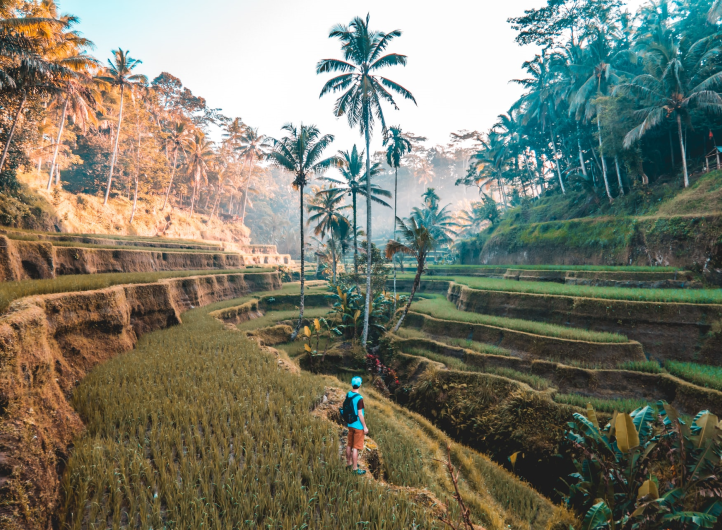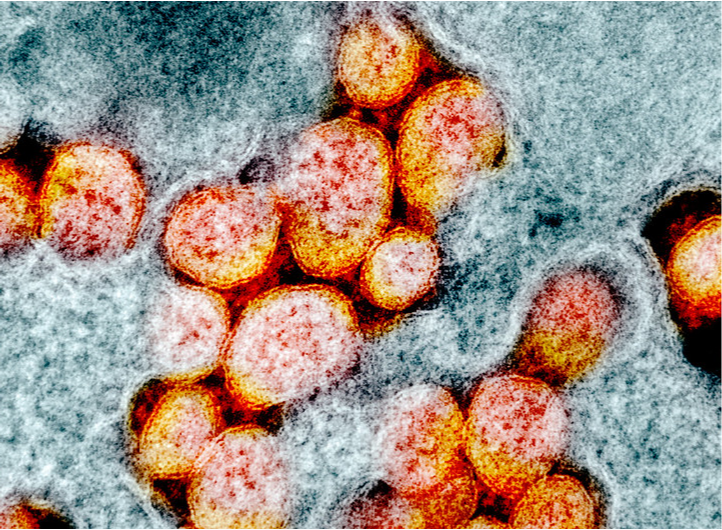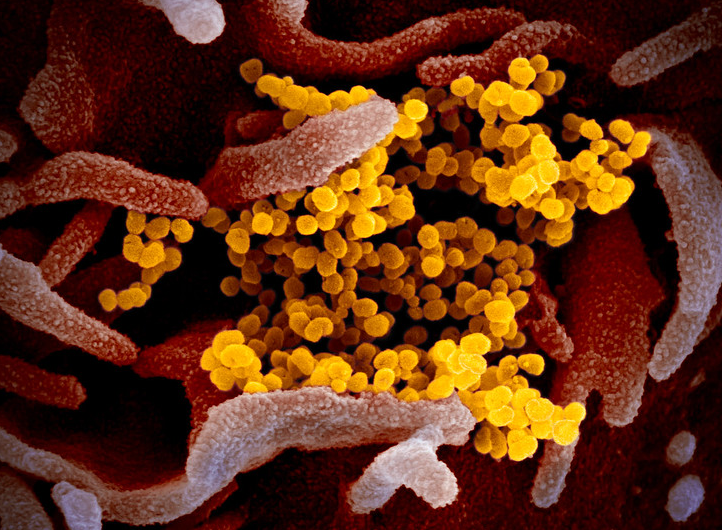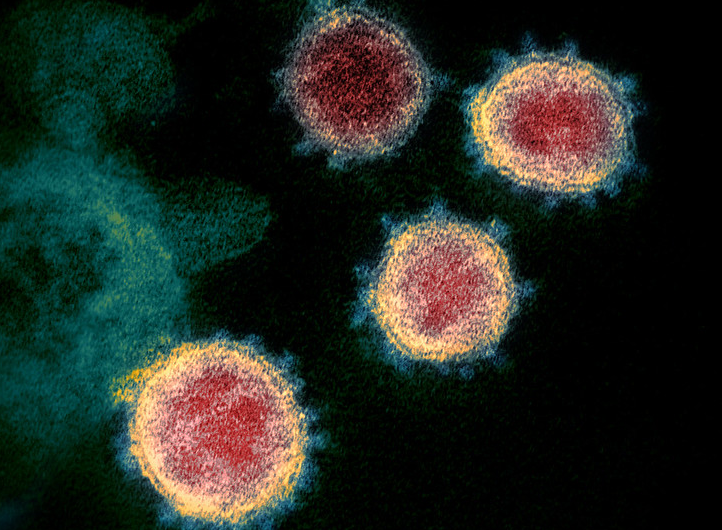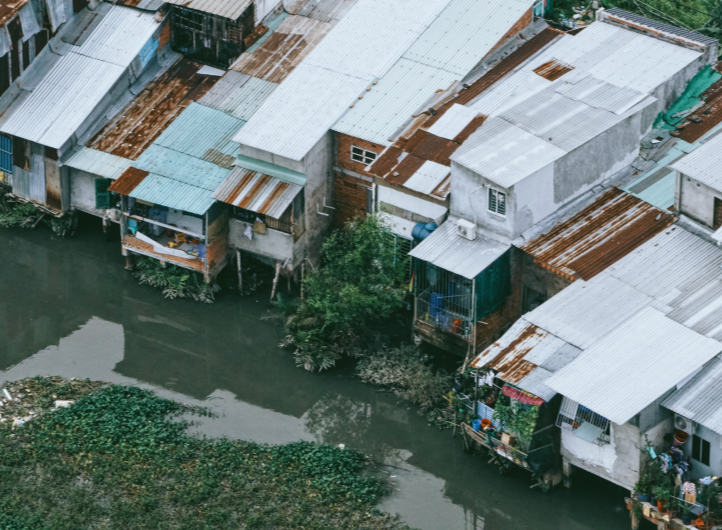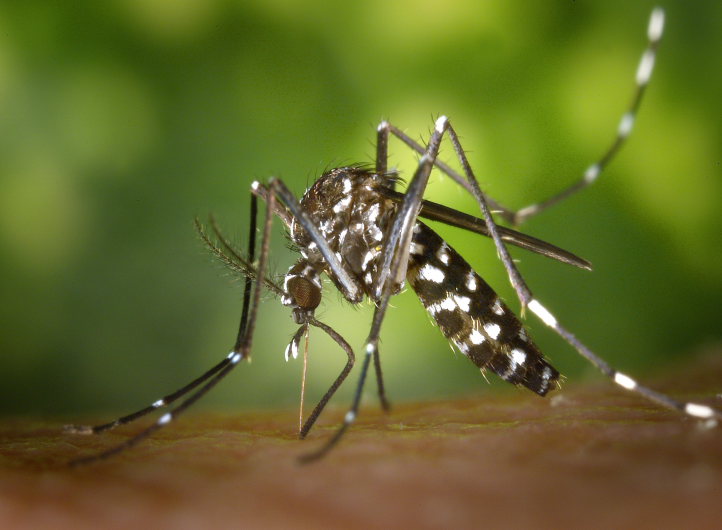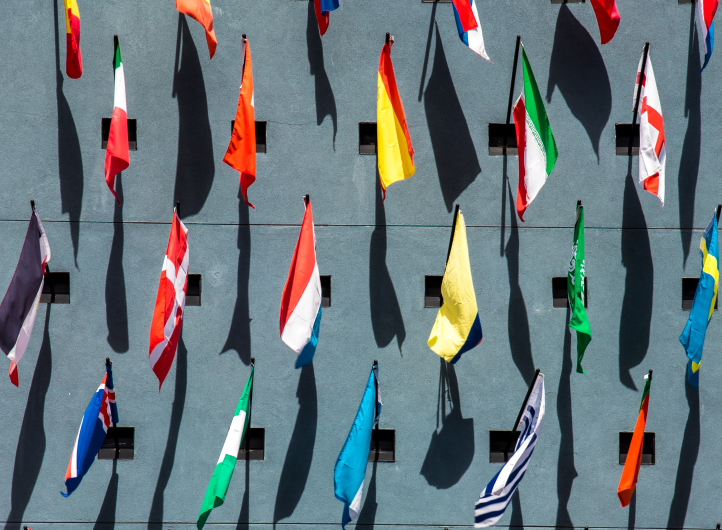Countries around the world are seeing COVID-19 cases surge after successfully slowing down outbreaks earlier this year. As we scramble to respond to second-waves of infection, an additional challenge is fast approaching: flu season. Getting your annual flu shot is more important than ever this year. If you haven’t received the vaccine in recent years, this is the year to get it. In this blog, we answer some common questions about the flu shot and why it’s so important to get vaccinated whether you are travelling or not. Why is it important to get vaccinated this year? There are several reasons to get the flu shot this year. Flu season often takes an enormous toll on healthcare systems. As ...
